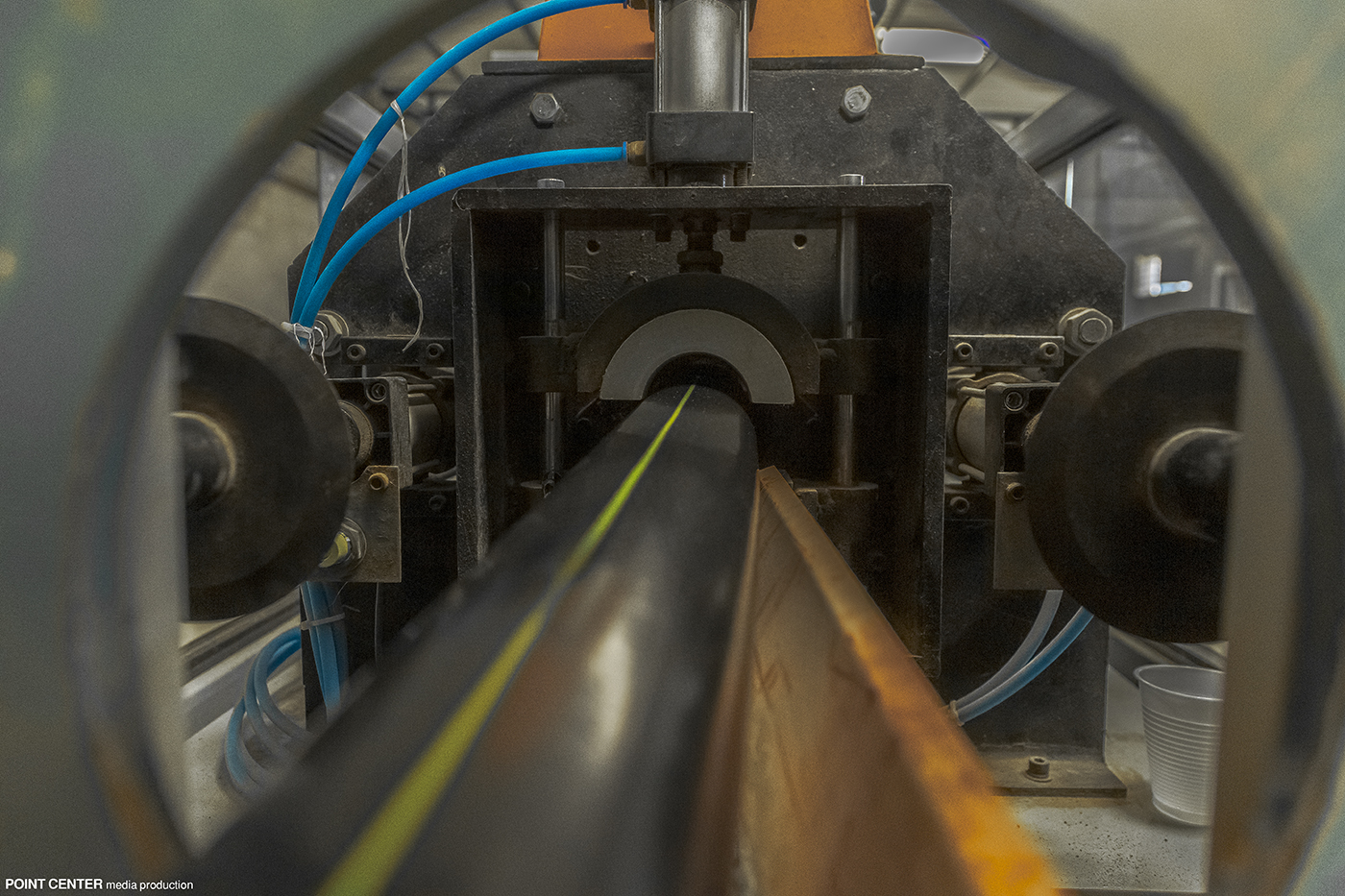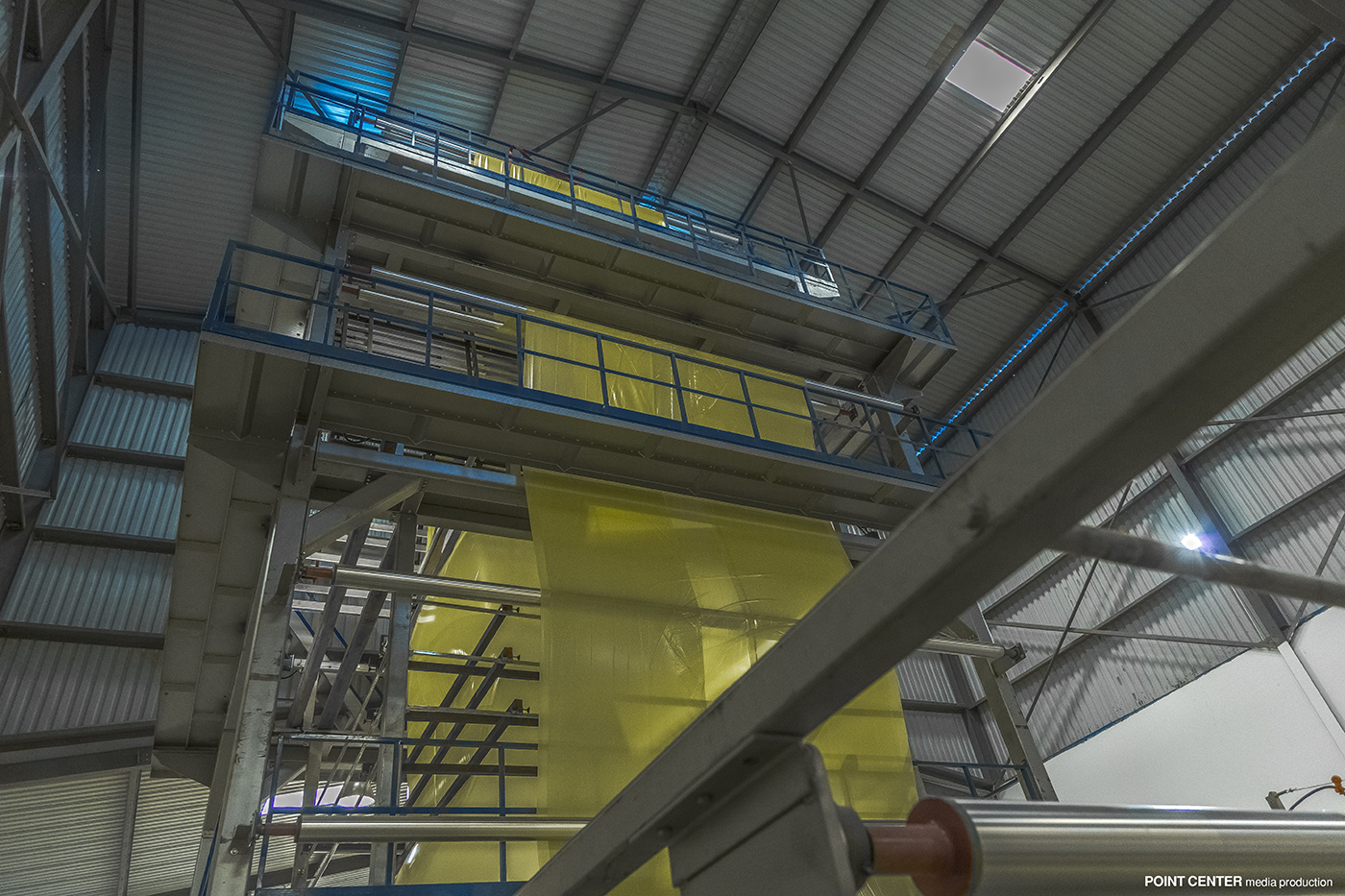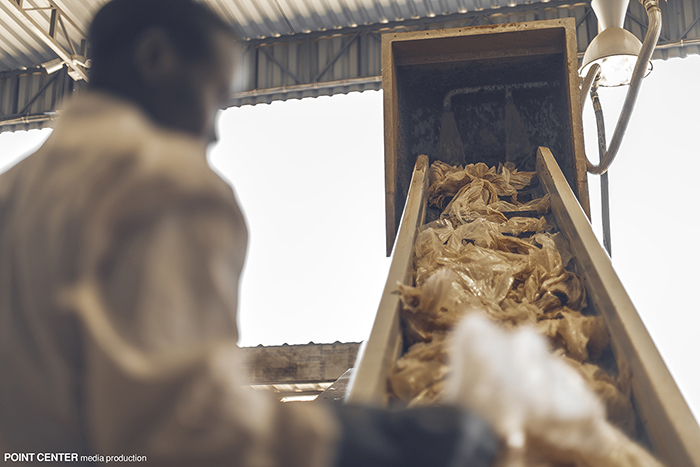Plastic Recycling Factory
In the framework of focusing on quality and protecting the agricultural environment from plastic waste and minimizing its damage as much as possible, Azaitona Alkhadraa Co. has opened a recycling factory for plastic wastes and converting it into raw plastic granules to benefit from it and transfer it to the company’s Plastic Agricultural Pipe Factory to create it back again in the form of Plastic pipes. These pipes are available in several diameters in order to be sold in the Libyan market and distributed to the entities related to that field.
To illustrate with a prime example, on the southern region of Libya, plastic waste was harming the agricultural environment and even severely affecting its production. However, after launching the project of Azaitona’s Recycling Factory and gathering the largest amount possible of plastic waste to collect it from there, The area was cleansed and plastic waste was recycled at last, the outcome of this whole process benefitted all the citizens there along with the farmers to get back on track and compensate in a better environment.
One of the most services that we provide in the Plastic Recycling Factory is that we focus on buying used plastic materials such as agricultural pipes and plastic films that were previously sold to the farmers to hit two birds with one stone. Firstly, by cleaning their farms and assembling the plastic materials (waste) which are not usable for an amount of money so that the farmers can buy new ones. Secondly, it will benefit the factory by obtaining these plastic waste and other materials and recycling them once more into raw plastic granules to manufacture them later on in the form of plastic agricultural pipes or plastic films.





